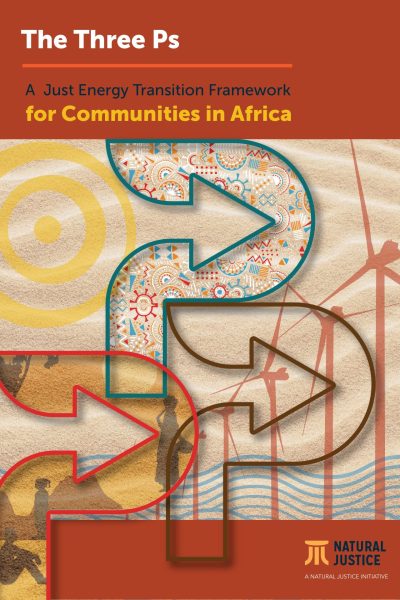Natural Justice have developed a series of summaries of significant court cases from across the world related to climate change and rights of nature. These are designed for the public, policy makers and practitioners and provide a snapshot of cases that are being brought to courts in order to advance the protection and rights of nature, including seeking ways to hold governments accountable for their international commitments to reducing carbon emissions.
Mohd. Salim v. State of Uttarakhand and others
The Ganges and Yamuna river are considered sacred by Hindu people and constitute a water source for over 500 million people. Both rivers are among the most polluted rivers in the world as untreated sewage and industrial waste enter the rivers every day. Governmental efforts to clean up the rivers have failed so far. A private resident petitioned the court. The Court declared that the Ganges and Yamuna river and its tributaries are legal and living entities with all corresponding rights, duties and liabilities. The Court relied on jurisprudence recognising Hindu deities/idols as juridical persons. Since these types of legal persons are considered “children” under Indian law, they require the court to name a legal guardian to act on their behalf. The Court did so, using parens patriae jurisdiction (in a sense, to act as the legal guardian), which is rarely exercised by the judiciary.
Read more by downloading the PDF.







